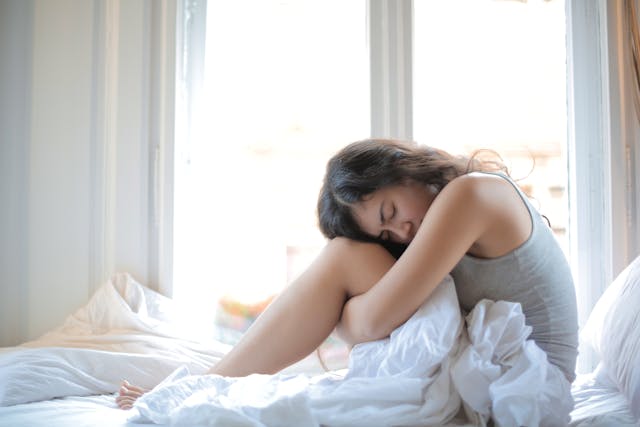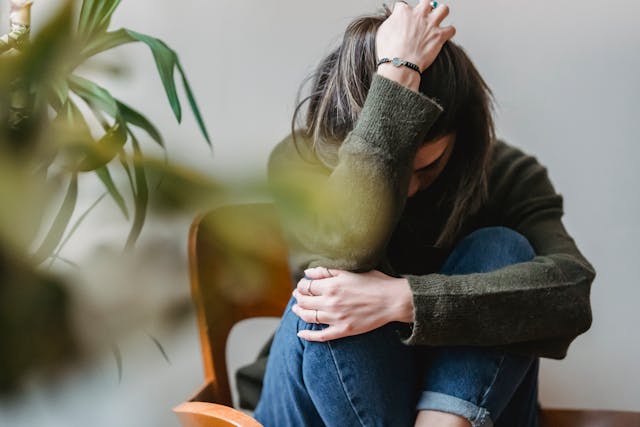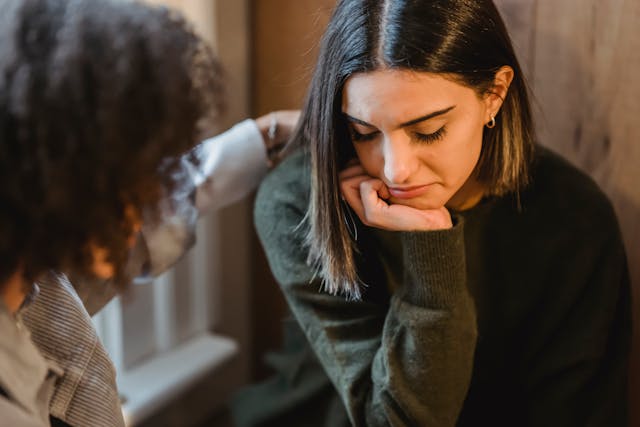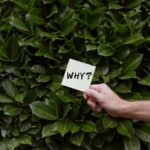
Introduction
Depression is a word we often hear, but do we truly understand its depth? While feeling sad or low is a normal part of life, depressive disorder is a serious mental health condition that goes beyond temporary emotions. It can disrupt daily life, relationships, and overall well-being. The good news? Therapy for depression offers a proven path to healing. In this blog, we’ll explore what depressive disorder is, how it differs from normal depression, its types according to ICD-11, and how Joyson Joy, a licensed clinical psychologist, provides evidence-based therapy for depression in Kochi and Kerala.
What is Depressive Disorder? How is it Different from Normal Depression?

Depressive disorder, also known as major depressive disorder (MDD), is a clinical condition characterized by persistent feelings of sadness, hopelessness, and a lack of interest in activities. Unlike normal depression, which is a temporary emotional state triggered by life events, depressive disorder lasts for weeks, months, or even years. It significantly impairs a person’s ability to function and requires professional intervention.
Key Differences:
- Duration: Normal depression is short-lived, while depressive disorder persists for extended periods.
- Intensity: Depressive disorder involves severe symptoms that interfere with daily life.
- Triggers: Normal depression often has a clear cause, whereas depressive disorder may occur without an obvious reason.
Types of Depression and Subtypes According to ICD-11
The International Classification of Diseases (ICD-11) outlines various types of depression, each with unique features:
- Single Episode Depressive Disorder: A first-time occurrence of depressive symptoms.
- Recurrent Depressive Disorder: Multiple episodes of depression separated by periods of normal mood.
- Dysthymia (Persistent Depressive Disorder): Chronic depression lasting for at least two years.
- Bipolar Depression: Depression occurring as part of bipolar disorder, alternating with manic episodes.
- Seasonal Affective Disorder (SAD): Depression triggered by seasonal changes, often in winter.
- Postpartum Depression: Depression occurring after childbirth.
Understanding these types is crucial for accurate diagnosis and effective therapy for depression.
Symptoms: Depressive Disorder vs. Normal Depression

While both depressive disorder and normal depression share some symptoms, their severity and impact differ significantly.
Depressive Disorder Symptoms:
- Persistent sadness or emptiness
- Loss of interest in hobbies or activities
- Fatigue and low energy
- Sleep disturbances (insomnia or oversleeping)
- Feelings of worthlessness or guilt
- Difficulty concentrating or making decisions
- Recurrent thoughts of death or suicide
Normal Depression Symptoms:
- Temporary sadness or mood swings
- Mild fatigue or lack of motivation
- Short-term changes in sleep or appetite
- Ability to function normally with time
Here’s a clear and concise table comparing Normal Depression and Depressive Disorder:
| Aspect | Normal Depression | Depressive Disorder |
|---|---|---|
| Definition | A temporary emotional state triggered by life events. | A clinical mental health condition characterized by persistent sadness and loss of interest. |
| Duration | Short-lived (days to weeks). | Lasts for weeks, months, or even years. |
| Intensity | Mild to moderate; doesn’t severely impair daily functioning. | Severe; significantly disrupts daily life and functioning. |
| Triggers | Often linked to specific events (e.g., loss, failure). | May occur without an obvious trigger. |
| Symptoms | – Temporary sadness or mood swings. – Mild fatigue. – Short-term changes in sleep or appetite. | – Persistent sadness or emptiness. – Loss of interest in activities. – Fatigue, sleep disturbances, and feelings of worthlessness. – Recurrent thoughts of death or suicide. |
| Impact on Life | Minimal; ability to function normally returns with time. | Severe; affects work, relationships, and overall well-being. |
| Treatment Needed | Usually self-resolves; may benefit from support or self-care. | Requires professional intervention (e.g., therapy for depression, medication). |
| Examples | Feeling sad after a breakup or losing a job. | Persistent sadness, even when life circumstances improve. |
Therapy for Depression: A Path to Healing
Therapy for depression is one of the most effective ways to manage and overcome depressive disorder. It provides a safe space to explore emotions, identify triggers, and develop coping strategies. Here are some of the most effective therapeutic approaches:
- Cognitive Behavioral Therapy (CBT): Helps individuals identify and change negative thought patterns.
- Interpersonal Therapy (IPT): Focuses on improving relationships and communication skills.
- Psychodynamic Therapy: Explores unconscious patterns and past experiences influencing current behavior.
- Mindfulness-Based Therapy: Encourages present-moment awareness to reduce stress and anxiety.
- Medication Management: Often combined with therapy for severe cases.

Why Choose Joyson Joy for Depression Counseling in Kochi and Kerala?
Joyson Joy, a licensed clinical psychologist, specializes in providing evidence-based therapy for depression such as Cognitive Behavioral Analysis System of Psychotherapy (CBASP), Interpersonal Psychotherapy, CBT, REBT, etc. With a compassionate and humanistic approach, Joyson helps clients navigate their mental health journey with confidence. Whether you’re seeking depression counseling in Kochi or therapy for depression in Kerala, Joyson offers personalized care tailored to your unique needs.
Services Offered:
- Individual therapy for depression
- Couples counseling for relationship challenges
- Group therapy for shared experiences
- Online therapy for remote accessibility
Take the First Step Toward Healing
Depressive disorder can feel overwhelming, but you don’t have to face it alone. Therapy for depression offers hope, healing, and a brighter future. If you’re searching for the best therapy for depression in Kochi or Kerala, Joyson Joy is here to guide you. With up-to-date, evidence-based practices, Joyson provides the quality care you deserve.
Reach out today and take the first step toward reclaiming your life.



